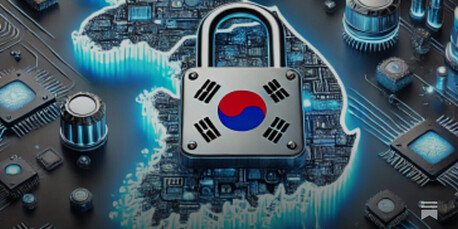
Seoul, South Korea – Starting February 2025, South Korea will mandate the use of USB-C charging ports for a wide range of electronic devices. This standardization effort aims to reduce consumer inconvenience and electronic waste by eliminating the need for multiple chargers.
The Ministry of Science and ICT announced on December 31st that the new regulation will apply to various devices including smartphones, tablets, digital cameras, headphones, headsets, portable video game consoles, portable speakers, e-book readers, keyboards, mice, portable navigation devices, earphones, and laptops.
By unifying the charging standard, the government expects to decrease consumer costs associated with purchasing multiple chargers and cables, while also contributing to environmental protection through reduced electronic waste.
Additional Digital Initiatives
Beyond the standardization of charging ports, South Korea is also working to streamline various digital services.
Digital Badges for Job Seekers: Starting early next year, the government plans to launch a new service called "Digital Badge Employment 24" to simplify the job application process. This service will allow job seekers to store their qualifications, experience, and academic records as digital badges on their mobile devices, eliminating the need for paper-based documents.
Expanded MyData Service: The Personal Information Protection Commission will expand the MyData service to all sectors starting March 13th, 2025. This will allow individuals to request their personal data from various companies and use it to receive more personalized services.
Overseas Korean Identity Verification: The Korea Communications Commission is working to improve the process for overseas Koreans to verify their identities. Starting next year, overseas Koreans will be able to obtain digital certificates using their passports, overseas residency information, and facial recognition.
These initiatives demonstrate South Korea's commitment to digital transformation and improving the lives of its citizens. By standardizing charging ports, streamlining job applications, and expanding data privacy options, the government aims to create a more convenient and efficient digital society.
[Copyright (c) Global Economic Times. All Rights Reserved.]





























